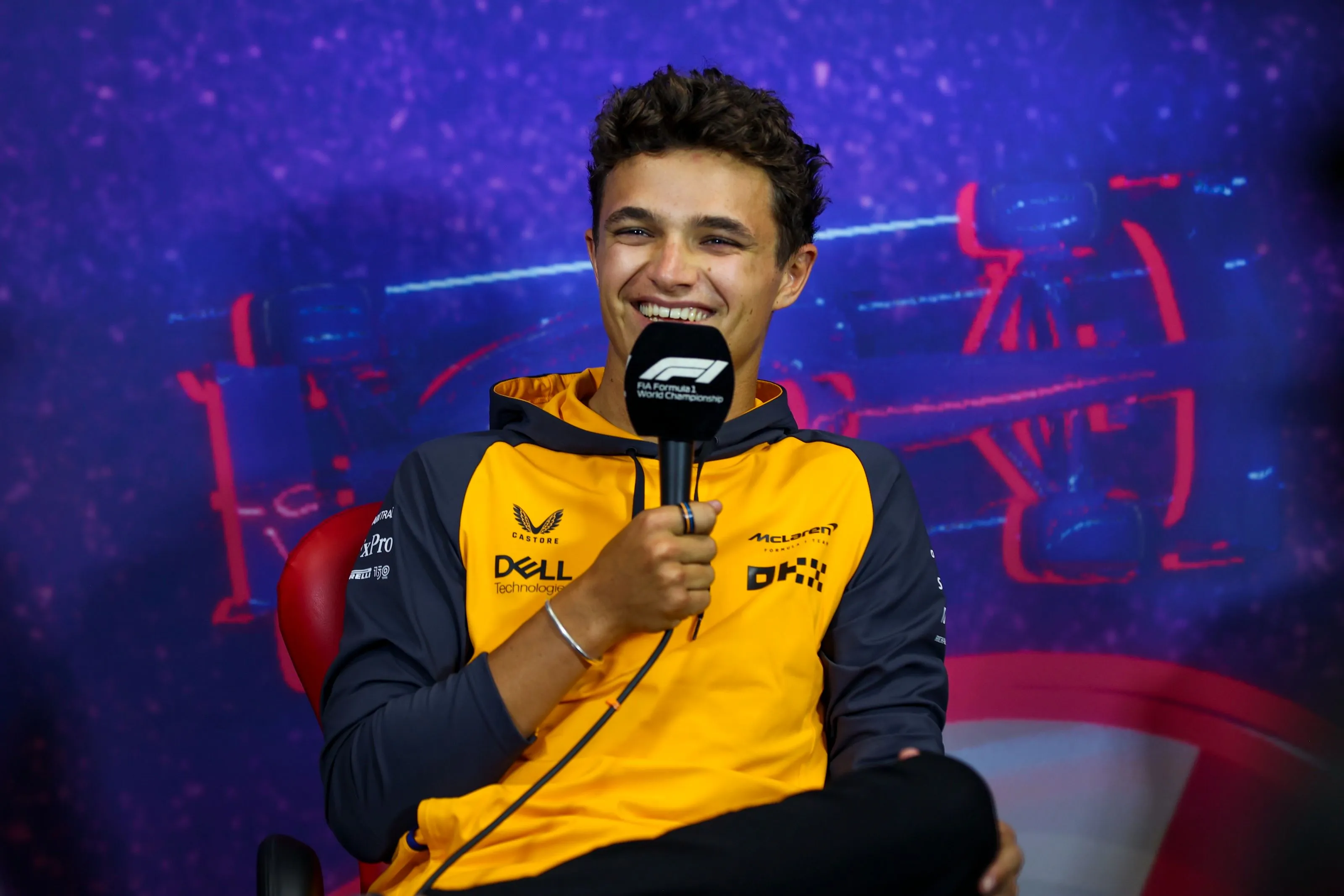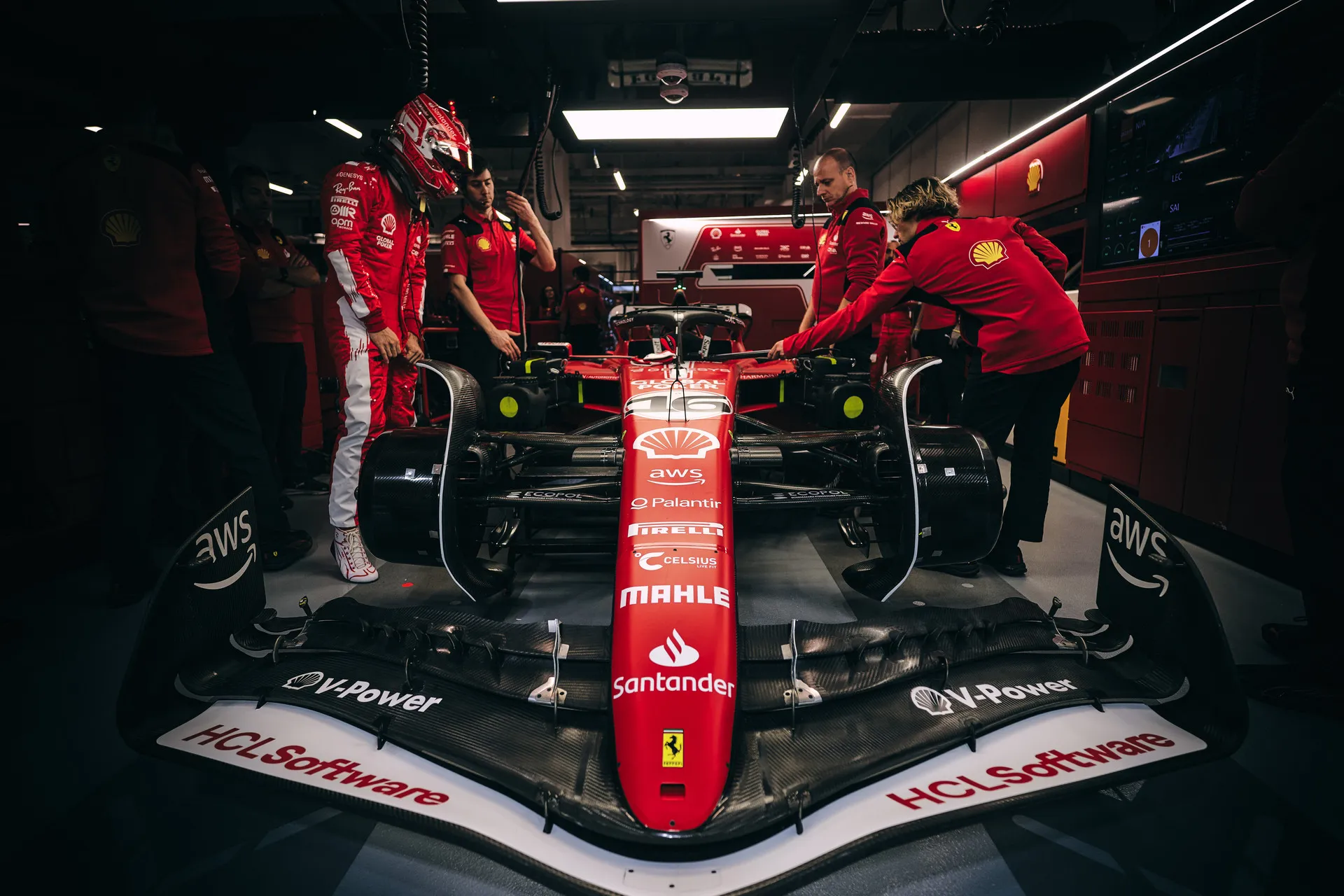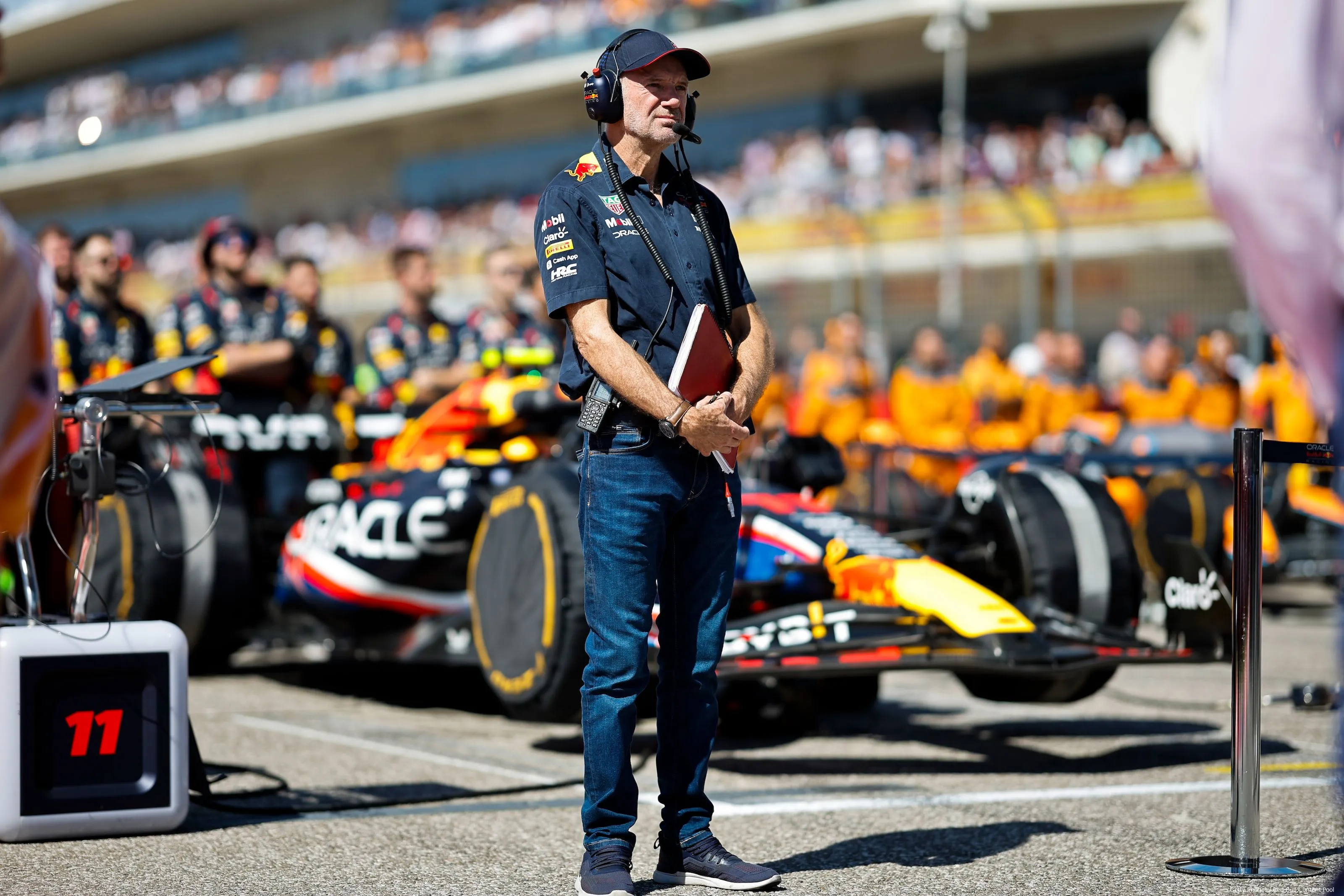
Red Bull's chief technical officer, Adrian Newey, stated the dominance of his team during the most recent season came as a complete surprise to his team.
Just a few years ago, Formula 1 teams with the highest budgets usually won the championship by large margins as they were able to outspend their competition.
However, to bring the F1 grid closer together and promote close racing (for the sport's attractiveness), the budget cap was introduced in 2021.
Now, all the teams should, in theory, be much more closely matched, which was the case in 2023, but not with Red Bull. Asked if it is surprising to him that it is possible to create such a dominant car in F1 in the modern era, Newey told Top Gear:
"It does actually. It’s a complete surprise. For the ’22 season, we had the biggest regulation change on the chassis side since 1983 in terms of going back to venturi cars."
Read also
All the teams had the chance to observe and take inspiration from Red Bull after 2022, and so the team from Milton Keynes expected everyone to catch up as Newey suggested:
"We thought as we headed into the second year, with almost no regulation change over the winter and running what is, in effect, an evolution car, that our advantage would be diminished, if not eradicated. Clearly, that’s not how it’s panned out."
In 2023, Red Bull recorded the most dominant season in the history of Formula 1 by winning 21 out of 22 races. The team has been able to find something that nobody else was, and that is what the CTO likes about the change of regulations every now and then.
"I’ve always enjoyed regulation changes. Not just because of the loopholes that may exist but figuring out the demands of the regulations, how they affect the fundamental principles of the car’s layout."
Some teams, like Mercedes, did not have experience working with ground-effect cars like Adrian Newey did, which ultimately gave Red Bull the edge. He added:
"For 2022, there were a few things that we needed to do differently. It was the return of ground effect – venturi – and I was certainly aware of the pitfalls having worked in IndyCar with that format [during the Eighties]."
Read also
POPULAR NEWS
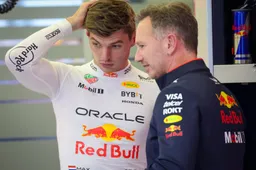
Steiner Warns Red Bull: 2024 Performance Masked By Verstappen's Brilliance
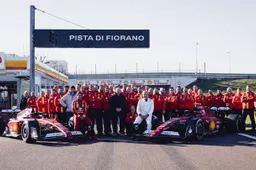
Sainz Sr. Grateful For Ferrari's 'Fantastic Gesture' After Driver Switch
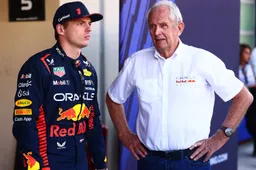
Marko Issues Honest Verdict On Verstappen's Potential Exit: 'You Have To Be Realistic'
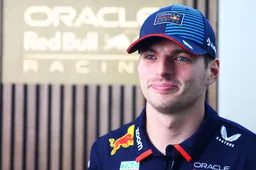
Racing Bulls CEO Reveals What Verstappen's Personality Is Like Outside F1 Paddock
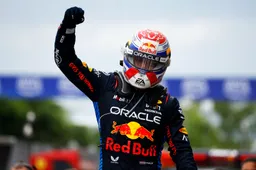
Magnussen Discusses 'Crazy' Thing That Separates Verstappen From Hamilton And Others
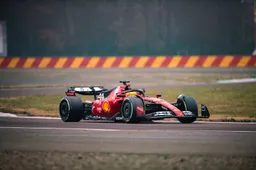
Hamilton: Driving Ferrari F1 Car For First Time 'One Of Best Feelings Of My Life'
Loading
